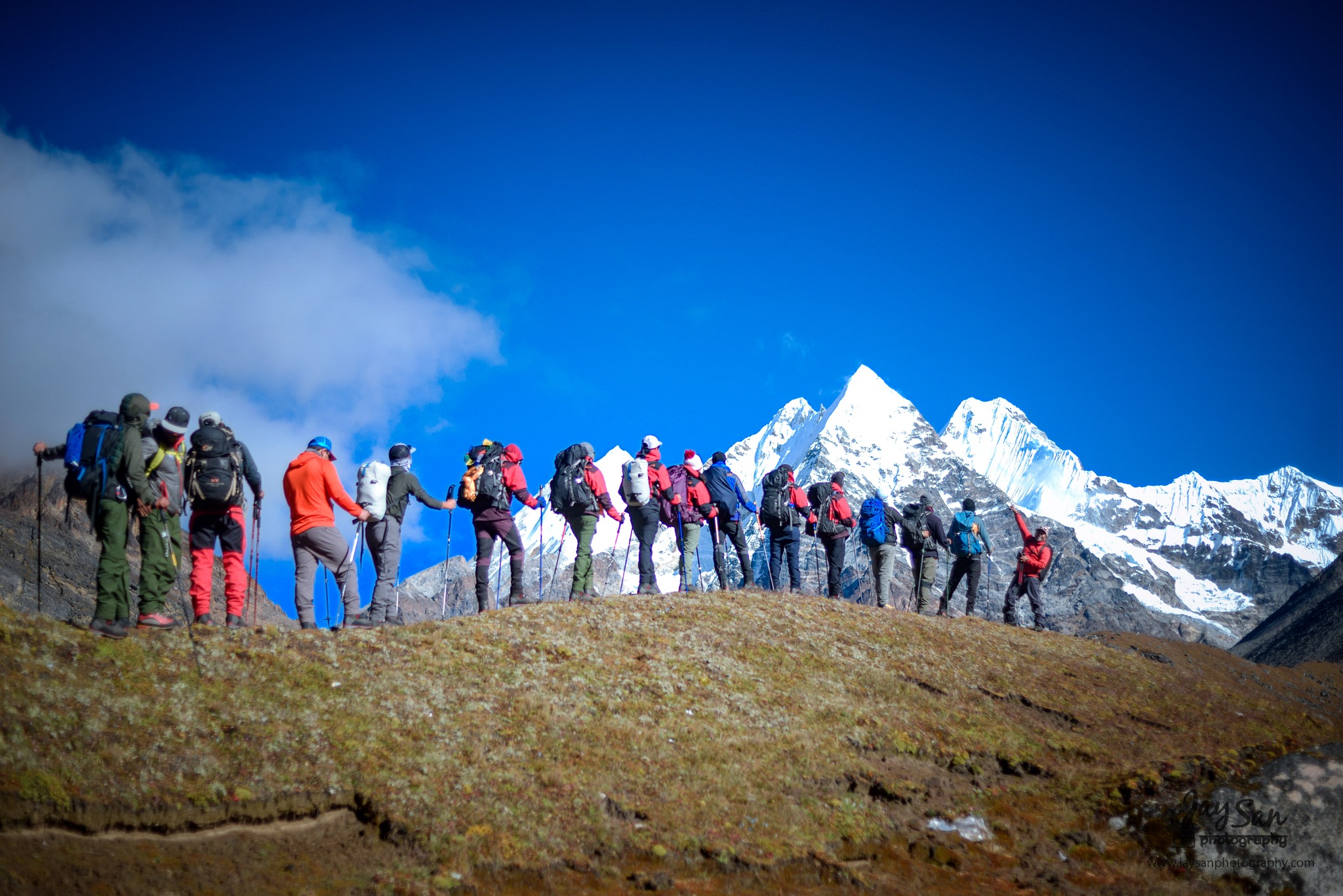The Nepal Mountain Academy aims to foster the reach of scientific study in high mountains with the aspiration of advancing the fields of adventure tourism and mountaineering. MSc in MMS program is intended to develop scholars in mountain and mountaineering science to communicate specialized mountain development research. The academy has devised a scientifically-integrated strategy for mountain research to assist the government in adopting and implementing mountain development policies. This academic programme is anticipated to expand the cooperation opportunities of research domestically and globally in the alpine region. The MMS programme is affiliated with the Institute of Science and Technology (IoST), Tribhuvan University (TU), and is exclusively available in Nepal through Nepal Mountain Academy. MMS is a two-year programme that spans four semesters and requires graduate students to complete 64 credits, including 29 credits in theoretical knowledge in mountaineering and mountain science, 6 credits in methods and tools, and 29 credits in field-based practical and research.
Scope of the MMS Program
MMS course offers all the basic mountain science and field-based practices to convey scientific research to address the opportunities and challenges in the mountain and mountaineering science. Students who complete the MMS programme will have acquired a level of understanding to demonstrate:
- Capacity to convey scientific research to address the opportunities and challenges in mountain science,
- Skill for serving tourism sector development focusing on trekking and mountaineering tourism,
- Expertise in facilitating institutions in the formulation of evidence-based policy and strategy,
- Practical aspect of research in different fields of high mountain geomorphology, ecology, climate, hydrology, and glaciology,
- Professional resource management skills for people's livelihood, environment conservation, and sustainable development of High Mountain.
Additional information about the course
|
Class Timings |
Regular class time for the program is between 3:00 PM and 8:00 PM on weekdays including practical classes. |
|
Attendance and Evaluations |
All students must maintain an attendance record of 80% in each subject to be eligible for the board examination. The final grade for each semester is derived using an internal evaluation of 40% and a board examination of 60%. |
The MSc.MMS program grading system is based on a student performance in in-semester (40%) evaluations and end-semester examination (60%) administered by IoST, TU. Internal evaluation are made on the following basis
- Class Assignment: 10
- Group Discussion: 10
- In-class Presentation: 10
- Attendance: 10
- Internal Examination (Mid-term & Pre-board) : 20
- Project and Field Practical with Presentation: 40
Internal evaluation of 100 marks is converted to 40, and students must score at least 30 to be eligible for the end-semester examination.


